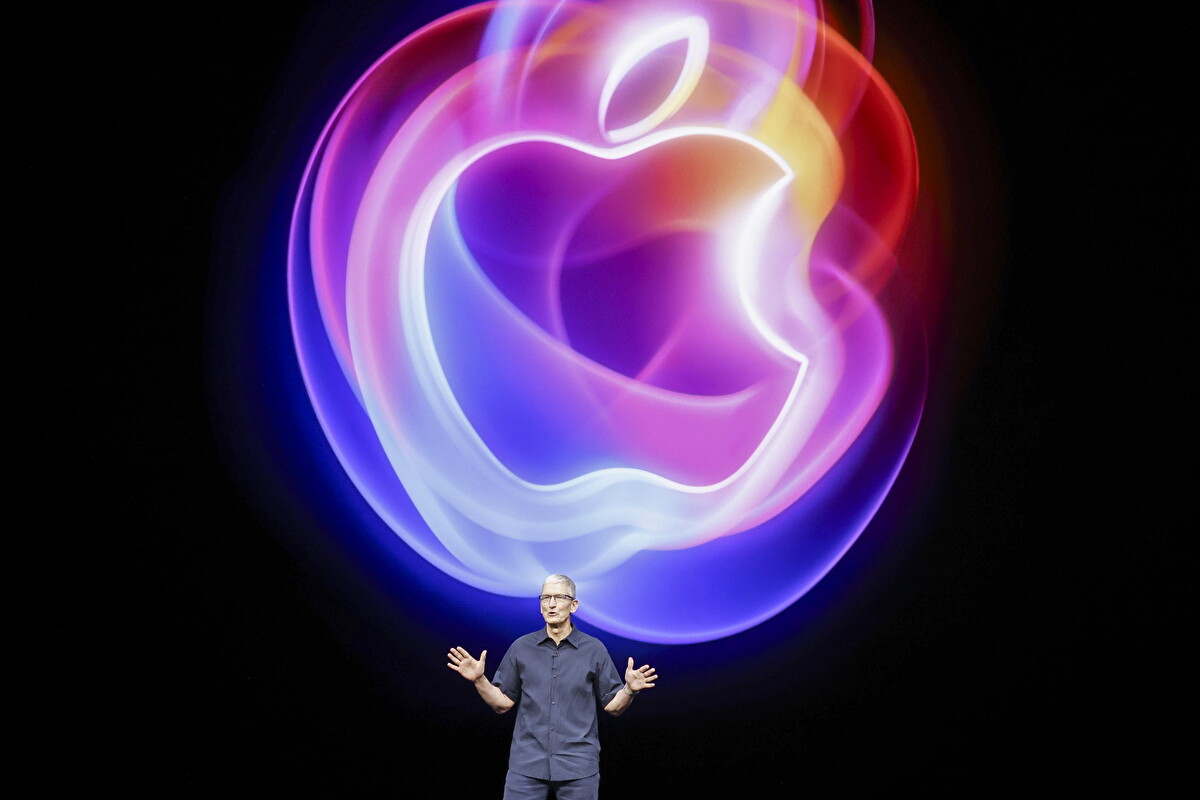Speaking on a call with investors Thursday, Apple CEO Tim Cook announced that going forward, iPhones and other products sold in the United States will be shipped from India and Vietnam. The move comes as the trade dispute between China and the United States shows few signs of an imminent resolution, with both countries maintaining tariffs of 145% on most goods imported from the other. The move by Apple was largely precautionary, as Trump exempted iPhones and other electronics from the measures, but as tensions remain high, Apple has few options that can immediately change its relationship with the East Asian manufacturing superpower.
A report in The New York Times details how the Silicon Valley titan’s long and deeply-rooted history of making its products in China has left it subject to a sort of path dependency. Its partnership with Foxconn, which began in 2001, was more favorable to the company than deals Beijing had crafted with most other American investors. Apple and Foxconn began manufacturing iPods, iMacs, and then iPhones, taking in a staggering 80% of global smartphone profits and making great strides in the burgeoning Chinese market as well. Even as the company is currently assembling iPhones and other products in India and Vietnam, many of the more complex processes (e.g. manufacturing displays) are still done in China first before heading to those countries – an indication of how vital two decades of built-up know-how can be.
There is also a broader dependence on China across the electronics manufacturing space to consider. The country enjoys an increasingly dominant control over the mineral supply chain, being the world’s leading producer of elements like refined copper and cobalt required for advanced technology, and significantly increasing global investments in mining operations over the past few years.
The Times’ report also casts doubt on the idea that Trump’s tariffs would incentivize the tech giant to reshore its manufacturing to the United States, as administration officials have claimed. Wayne Lam, an analyst at TechInsights, told the Gray Lady that if Apple were to manufacture stateside, iPhone prices would have to double to $2,000 price in order for the company to maintain its current margins, with the possibility of bringing the price down to $1,500 eventually over time. Apple already had an unsuccessful attempt at moving assembly for its Mac computer to Texas, facing problems with sourcing and labor issues.
While moving to the United States anytime soon appears doubtful, the current assembly investments in India might be a foot in the door for further development. Muzzamil Hassan, Director of Patent Monetization at Quandary Peak Research, told CNET that Foxconn is training up thousands of its employees in Tamil Nadu for more complex processes. “I’d say Apple is late to the party,” Hassan says. “Samsung, Oppo, Vivo and Motorola among others were already manufacturing their phones in India.”












